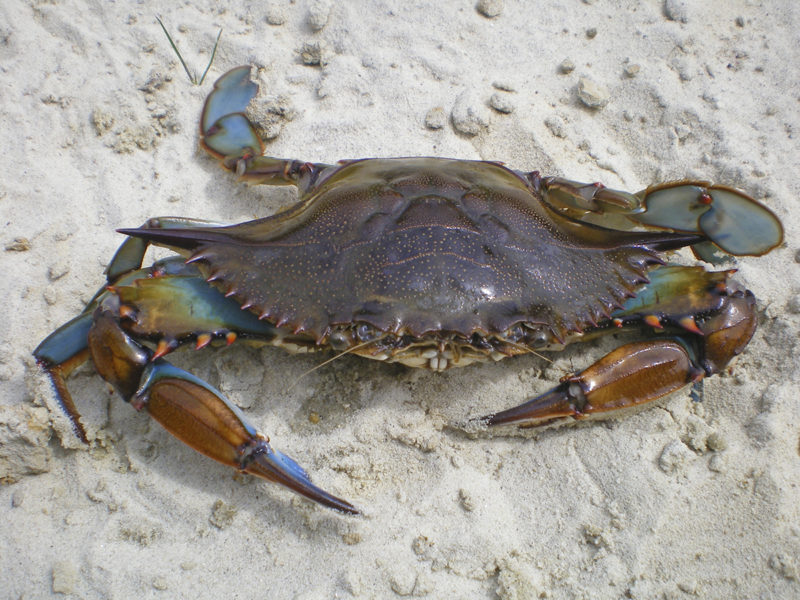North Carolina crabbers got an early start to the season this year when the weather suddenly turned warm the beginning of February.
“Rumors of other crabbers catching loads of crabs always stirs things up,” said Dylan Dunbar, manager of Paradise Shores Seafood. “While our fishermen were still struggling to catch fish, the news prompted an early start to the 2019 crab season.”
Market prices looked really good at first with promises of $2 for males and $1.50 for females. But it didn’t take long for the rest of the East Coast catch on, and the market dropped quickly with crabs flooding in from everywhere.
“Selling crabs in February became a nightmare,” said Dunbar. “The price dropped to $1.75 on males and $1 on females. When the price dropped, it hurt the fishermen because the only crabs caught were females.”
Luckily for North Carolina and Maryland, dredge season closed and the weather turned cold again. Water temperatures dropped causing crabs to head back into the mud.
Some parts of the state are still recovering from Hurricane Florence, which devastated much of North Carolina’s coastline, especially southern counties. The North Carolina Division of Marine Fisheries received preliminary accounts of damages and losses from 68 dealers ranging from no damages to complete destruction of their fish houses, docks, inventory and vessels. The maximum reported to date was a $600,000 loss.
Keith Bruno of Endurance Seafood in Oriental is one of those severely injured by the hurricane, losing the fish house and most of his gear to the storm. “Recovery is a long-term project,” said Bruno. “Even now we’re struggling to get all the pieces in place to have a good crab season, which we really need.”
The 2018 Semi-Annual Commercial Landings Bulletin (January-June) indicated a decrease in blue crab landings, down from 8 million pounds landed in 2017 to 5.8 million for the same period this year.
Final figures for hard crabs in 2017 totaled 18.7 million pounds at a value of $17.8 million. Data available for 2018 included landings through September 2018 at 13.5 million pounds, three months short of the yearly total.







